Renault UK has confirmed that customer information was compromised after one of its third-party suppliers suffered a cyberattack. The company said it became aware of the breach earlier this month and has since begun notifying affected individuals.
While Renault’s own systems were not directly targeted, the incident stemmed from a supplier responsible for managing customer communications. According to early reports, hackers gained unauthorized access to personal data belonging to some UK customers, including contact details.
This is one of many examples of how cybercriminals are increasingly exploiting weaknesses in supply chains rather than attacking companies head-on. In a world where major brands depend on vast networks of partners and service providers, a single weak link can open the door to significant data exposure.
The breach raises serious questions about how companies vet and monitor their vendors, particularly as the automotive industry becomes more digitally connected. For Renault UK, the focus now shifts to assessing the full scale of the damage and restoring customer trust.
What Happened in the Renault UK Data Breach
The Renault UK data breach came to light in mid-October 2025, after the company discovered that a third-party supplier handling customer communication services had been compromised. The attack did not directly target Renault’s internal infrastructure but rather the systems of a trusted external partner—a scenario that has become increasingly common in recent years.
According to official statements and multiple media reports, cybercriminals gained access to a database containing personal information belonging to certain UK customers. The exposed data reportedly includes:
| Type of Data Exposed | Details |
| Customer names | Full names associated with Renault UK accounts |
| Contact information | Email addresses and phone numbers |
| Communication details | Interactions made through the supplier’s platform |
| Possible identifiers | Customer IDs or marketing-related reference numbers |
Renault has emphasized that no financial data or passwords were compromised in the breach. However, the exposed information could still be used in phishing or impersonation attacks, increasing the risk for affected individuals.
Such breaches often stem from unpatched software vulnerabilities or compromised credentials within a vendor’s environment. In this case, the vendor’s system served as an unintended gateway into sensitive data — a reminder that a company’s security posture is only as strong as that of its partners.
The Scale and Impact
Renault UK has not disclosed the exact number of customers affected, but early indications suggest the breach impacted a portion of its UK customer base. The exposed information — mainly names and contact details — may appear limited, yet experts warn that such data can be highly valuable to cybercriminals. When combined with publicly available information, it can be used to craft targeted phishing emails, scam calls, or identity-based fraud attempts.
A spokesperson for Renault UK said the company acted quickly to contain the issue and has been working with cybersecurity specialists to assess the full scope of the compromise. Customers were informed that no payment or password data had been leaked, and the company urged them to remain cautious of suspicious messages or requests.
Potential Risks for Affected Individuals
- Phishing emails: Attackers may impersonate Renault or related brands.
- Social engineering attempts: Calls or messages aimed at gathering additional personal data.
- Credential harvesting: Efforts to trick users into revealing login details through fake portals.
From a corporate perspective, the breach carries both reputational and regulatory implications. Under the UK’s Data Protection Act 2018 and GDPR, Renault must report incidents of personal data exposure to the Information Commissioner’s Office (ICO) and demonstrate that adequate controls were in place. A formal investigation could determine whether Renault or its supplier met their data protection obligations.
Industry analysts note that third-party breaches are among the most difficult to manage, as they often sit outside an organization’s direct control. In Renault’s case, even though the company itself was not hacked, the responsibility for safeguarding customer data still rests with Renault as the data controller.
Root Cause – A Third-Party Vendor Breach
At the heart of the Renault UK data breach lies a vulnerability in one of the company’s third-party service providers. According to Renault, the breach originated from a supplier involved in customer engagement and marketing communications, whose systems were infiltrated by cybercriminals.
This incident follows a familiar pattern seen across industries: attackers bypassing robust corporate defenses by targeting smaller vendors that lack comparable levels of security. These suppliers often have privileged access to customer data or backend systems, making them an attractive and easier target.
How the Breach Likely Occurred
While technical details remain limited, experts point to several common attack vectors in similar incidents:
- Compromised credentials: Stolen or reused passwords granting unauthorized access.
- Unpatched vulnerabilities: Outdated software within the vendor’s infrastructure.
- Phishing or social engineering: Targeting employees with access to client systems.
- Misconfigured cloud storage: Publicly exposed databases or unsecured file repositories.
The situation underscores a broader issue; organizations increasingly depend on external providers for essential business functions but often lack real-time visibility into those vendors’ cybersecurity practices.
The Hidden Risks in Supply Chains
Supply chain attacks have surged in recent years, with studies showing that over 60% of data breaches in 2024 involved third-party vendors. These incidents can spread quickly, affecting multiple clients connected to a compromised provider.
To illustrate the risk landscape:
| Common Weak Point | Potential Consequence |
| Shared credentials between clients | Cross-company data exposure |
| Lack of network segmentation | Lateral movement of attackers |
| Weak vendor vetting | Entry of high-risk suppliers into the ecosystem |
| Limited breach detection | Delayed response and data exfiltration |
Renault UK’s Response
Following the discovery of the breach, Renault UK moved quickly to investigate and contain the incident. The company confirmed that it had engaged external cybersecurity experts and notified both the Information Commissioner’s Office (ICO) and affected customers in line with data protection regulations.
In its public statement, Renault emphasized that its own systems remained secure and that the attack was confined to a third-party supplier’s environment. The company said it is working closely with the vendor to ensure that the vulnerability responsible for the exposure has been addressed.
“We take the protection of our customers’ data extremely seriously and are working with our supplier to fully understand what happened and to ensure appropriate measures are in place,” a Renault spokesperson said.
Immediate Actions Taken by Renault UK
- Customer notifications: Affected customers received direct communication explaining what data was involved and how to stay protected.
- Regulatory compliance: The incident was reported to the ICO and other relevant authorities.
- Vendor audit: Renault initiated a full security review of the supplier’s systems and its own data-sharing procedures.
- Cybersecurity enhancements: The company is reportedly implementing additional vendor risk management controls to prevent future incidents.
The automaker has also urged customers to be vigilant against potential phishing emails or scam messages claiming to be from Renault. Such warnings are increasingly standard practice after data breaches, as attackers often attempt to exploit public concern for secondary fraud.
Although the company’s swift response has been noted positively, cybersecurity analysts point out that the reputational impact could linger, especially as consumers grow more aware of how their data is handled by brands and their partners.
While Renault acted promptly and transparently, the event reveals how deeply interconnected — and therefore vulnerable — modern business ecosystems have become.
Third-party breaches are not anomalies; they’re part of a growing trend where attackers exploit trust between companies and their suppliers. In Renault’s case, customer data exposure through a single vendor has highlighted the urgent need for continuous oversight, stronger contractual security requirements, and proactive monitoring across the supply chain.
For industries like automotive — where connected technologies, customer portals, and global partnerships are central to operations — protecting digital ecosystems requires more than internal defenses. It demands end-to-end visibility and accountability across every external connection.
The lesson from Renault’s experience is clear: cyber resilience isn’t built in isolation. It’s achieved through collaboration, vigilance, and technology that can illuminate risks before they escalate into crises.
Organizations that invest in robust third-party risk management today will not only safeguard their customers but also preserve the trust and credibility that define their brand tomorrow
Don’t wait for a breach to reveal your blind spots — map, monitor, and manage your vendor ecosystem before attackers do.



